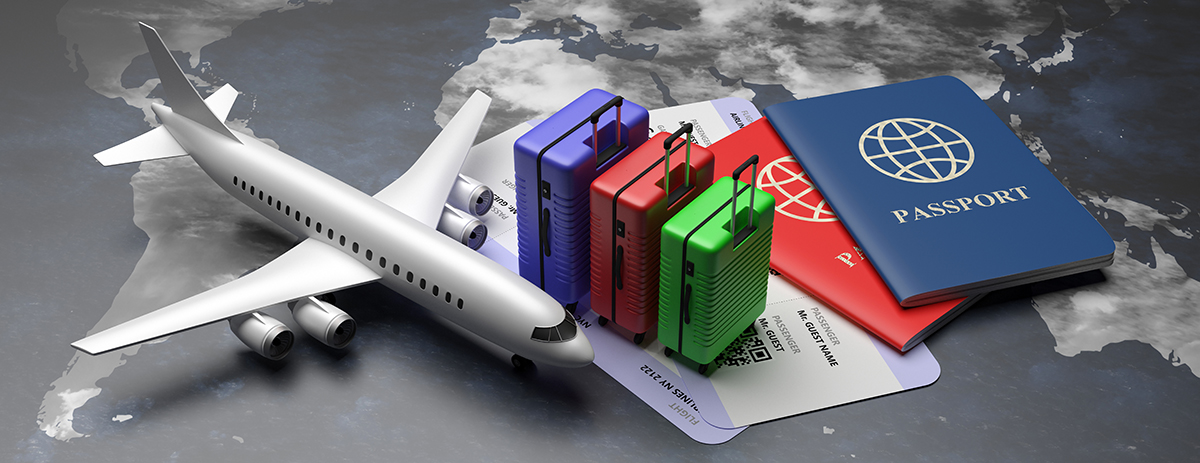Language learning is a journey that opens doors to new cultures, experiences, and connections. When you’re traveling to a foreign country, the opportunity to practice speaking a new language presents itself naturally. Embracing this chance can greatly enhance your travel experience and language skills. In this article, we’ll explore effective ways to practice speaking a new language while on the road.
Immerse Yourself in the Culture
One of the best ways to learn a language is by immersing yourself in the local culture. Surrounding yourself with native speakers exposes you to real-life language usage, slang, and nuances. Attend local events, markets, and gatherings to interact with locals and learn through authentic conversations.
Learn Basic Phrases and Expressions
Before your trip, familiarize yourself with basic phrases and expressions. Greetings, asking for directions, and ordering food are essential. Even a simple “hello” in the local language can make a positive impression and encourage locals to engage with you in their language.
Engage in Conversations with Locals
Don’t hesitate to strike up conversations with locals. Most people appreciate your effort to speak their language and will be patient with you. Ask about their recommendations, share your travel experiences, and show genuine interest in their culture.
Take Language Classes
Many travel destinations offer short-term language classes for tourists. These classes provide structured learning and the opportunity to practice with fellow learners. Even dedicating a few hours a day can significantly improve your language skills by the end of your trip.
Use Language Learning Apps
Language learning apps are convenient tools for learning on the go. They offer interactive lessons, quizzes, and pronunciation exercises. Set aside some time each day to engage with these apps and reinforce your language skills.
Listen and Repeat
Listening to local conversations, radio, or podcasts helps you understand the rhythm and cadence of the language. Repeat phrases and sentences to practice pronunciation and intonation. Mimicking native speakers aids in natural language acquisition.
Keep a Travel Journal
Maintaining a travel journal in the language you’re learning is a creative way to practice. Write about your daily experiences, observations, and thoughts. This practice not only enhances your language skills but also creates lasting memories.
Participate in Group Activities
Joining group activities such as cooking classes, guided tours, or hobby groups in the local language provides a supportive environment for practice. Interacting with others who share similar interests can lead to meaningful conversations.
Overcome the Fear of Making Mistakes
Fear of making mistakes can hinder language practice. Remember that mistakes are a natural part of learning. Locals generally appreciate your efforts, and making mistakes provides valuable learning opportunities.
Practice Daily
Consistency is key to language improvement. Dedicate time every day to practice speaking, even if it’s just for a few minutes. Regular practice reinforces your memory and builds confidence.
Utilize Language Exchange Partners
Language exchange partners offer a chance to practice with native speakers who are also learning your language. You can correct each other’s mistakes and gain insights into the language from different perspectives.
Watch Local TV and Movies
Immersing yourself in local entertainment exposes you to colloquial language, slang, and cultural references. Subtitles can help you follow along, and you might even pick up commonly used expressions.
Stay Persistent and Patient
Language learning is a gradual process. Celebrate small victories and don’t get discouraged by challenges. With persistence and patience, you’ll see steady progress in your ability to communicate effectively.
How to find language exchange partners while traveling?
What are some common phrases to learn in a new language while traveling?
How to overcome shyness when speaking a new language while traveling?
Conclusion
Practicing speaking a new language while traveling enriches your experiences and deepens your connection with the local culture. Embrace the opportunities to engage with locals, immerse yourself in the language, and step out of your comfort zone. Through consistent practice and a positive attitude, you’ll unlock the doors to effective communication and memorable travel adventures.
FAQs
- Is it necessary to be fluent in the language to travel? While fluency is not necessary, basic language skills can greatly enhance your travel experience and interactions.
- What if I feel embarrassed about my pronunciation? Remember that most locals appreciate your effort and are willing to help. Practice and improvement come with time.
- Are language learning apps effective? Yes, language learning apps offer interactive and convenient ways to improve your language skills.
- How can I find local language classes during my travels? Research online or ask for recommendations from fellow travelers or accommodations.
- Can I learn multiple languages while traveling? While it’s possible, focusing on one language at a time is generally more effective for meaningful progress.
